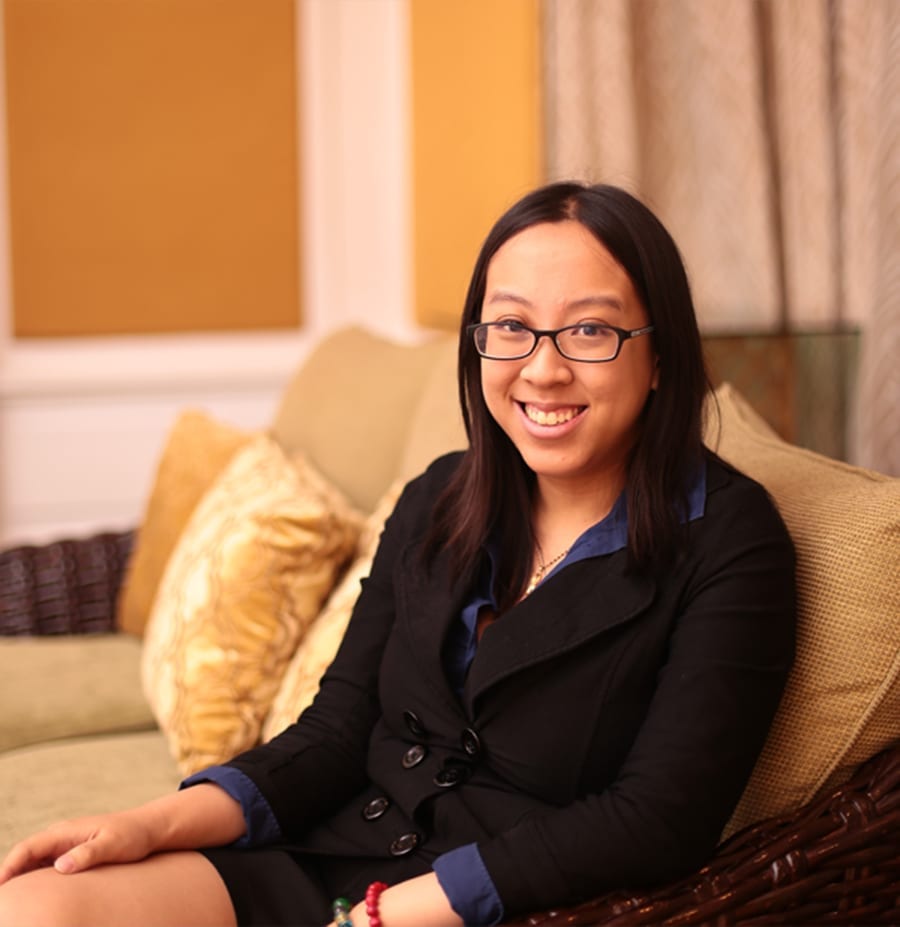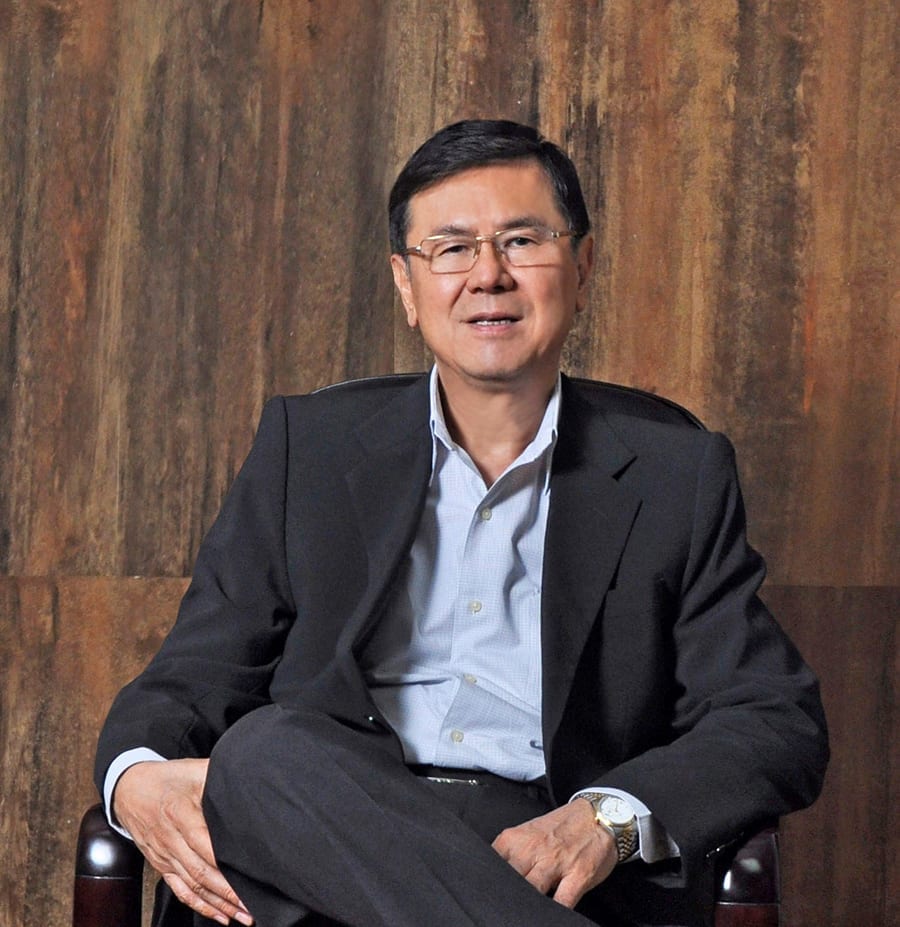
Kathleen Yu is one of the 2017 Mansmith Young Market Masters Awards (YMMA) winners. A UP Communication Research graduate (2014), she shares how she began her company Rumarocket in sales talent prediction, the innovation ecosystem that supported her and how she uses big data analytical approaches to people management to advance business objectives.
Q1: You created an artificial intelligence (A.I.) program on talent prediction as your college thesis. What unmet needs were you trying to satisfy?
A: Hiring is broken. And because hiring is broken, talent management is also broken. We’re using industrial revolution era tools to evaluate candidates for knowledge era jobs and even beyond that. A new workforce made up of millennials is behaving very differently from every generation that came before. Because of this, companies need better tools to understand their talents, to communicate with their talents and grow them. In machine learning models, there’s a saying that if you put garbage in, then you can also expect garbage out. The same is true with companies hiring talent. Recruitment is not an admin function anymore, it should be a strategic one. Companies can grow more efficiently if they have the right people in the right jobs, and our tools help them understand, measure and evaluate their talent decisions and how these decisions and needs evolve over time.
Q2: You have research backing from US institutions and funding backing from venture capitalists (VC). How was the ecosystem created? How may this evolve further?
A: There were a few things that the China VC ecosystem and the US VC ecosystem had in common from my experience, but I think the most important was the support for entrepreneurs through meet-ups, learning sessions and pitch events. This gave entrepreneurs and aspiring entrepreneurs the opportunity to share their ideas and get feedback from people who had been in the industry for a long period of time. Through this feedback, good entrepreneurs were able to refine their ideas and improve. I thought I’d never get funded when I first got started but because I listened and used the feedback to improve, I was eventually able to get the funding I needed to grow my company.
Right now, I think venture capital is experiencing a bubble. There’s a lot of money being thrown around so ideas and business plans are not getting vetted properly. I think given enough time, this should balance out and only the startups with a clear focus on growth and profitability while delivering value to the end user will survive.
Q3: Give us an idea who are your early paying clients for this talent management platform. Are there clients outside the Philippines? What functional focus is your priority now and why?
A: We have clients in the Philippines, Hong Kong, Singapore and Taiwan. Most of these companies are international MNCs or large conglomerates who do a lot of hiring and screening. We’re focusing on sales functions at the moment, because the metrics for what makes a good salesperson is more objective compared to other functions. Also, we have a proven track record with improving salespeople from our existing clients already. We’re looking to have more cases to train our neuralnet against to improve the predictive efficiency of our tools.
Q4: You almost got broke at one time. Tell us about this. What lessons did you learn from those challenges?
A: I was irresponsible with my money at that time and wasn’t thinking for the future. Being exposed to that pain taught me that I should always be planning for the future. You don’t know what life has in store for you, whether you’ll win the lottery tomorrow or get struck down by lightning the next day, but the important thing is having a framework of where you want to go, and what you think you need to do to get there. This framework is constantly changing and evolving with new experiences, and sometimes what was true today won’t be true tomorrow, but as long as you have it right there…a compass you can go back to when things get difficult, you should be fine.
Q5: Your firm had a US$5 million valuation a year ago and will go another round of VC funding that can upgrade valuation to US$7million. You are still 24 and single. What is next for Kathleen Yu?
A: I wake up every day with a plan to be better than who I was yesterday. I might not succeed all the time: some days I might spend too much time sleeping or playing video games, but I’ve always believed that as long as you have a growth mindset that’s focused on building yourself up by learning new skills and helping others grow, you’re bound to live a good life. I don’t know what will be next for me, but I’m just going to try every day to be the best that I can be with the circumstances that are placed in front of me.
Q6: You actually failed an entire year in school when you were young. Tell us what inspired you to turn around?
A: My mom taught me a very important lesson: that I wasn’t defined by my failures and as long as I was alive, I could always change and grow and learn and become different. Nothing in particular inspired me to turn around. There was no “aha!” moment or a dramatic turning point with a beloved mentor, but by teaching me that who I was wasn’t something static and unchanging, that I wasn’t forever going to be a “failure,” a “poor student” and a “loser,” my mom gave me the strength to work harder at changing myself and growing.
(Complete list of YMMA winners can be read at www.youngmarketmasters.com)
***
Josiah Go is chair and chief innovation strategist of Mansmith and Fielders Inc. He is also the co-founder, alongside Chiqui Escareal-Go, of the Mansmith Young Market Masters Awards (YMMA) since 2006. The search for the 19th Mansmith YMMA is currently ongoing. For more information, visit www.youngmarketmasters.com.


